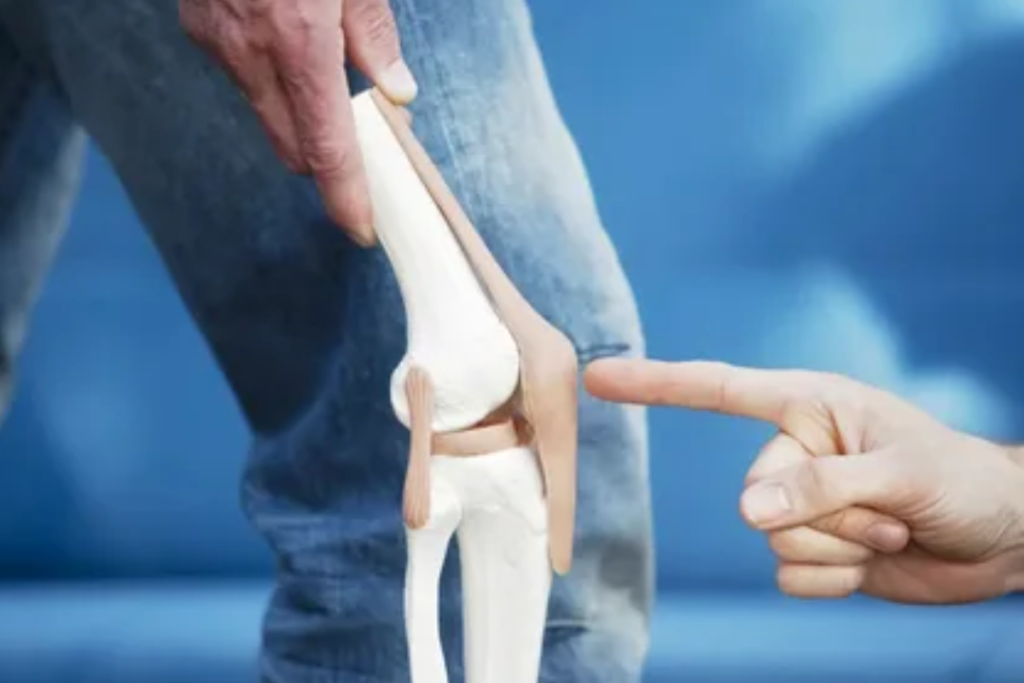
Introduction: Joint replacement surgery is a common and effective treatment for individuals suffering from severe joint pain and mobility issues. While the procedure offers significant relief and improves quality of life, there is a risk of infection following surgery. Preventing infection after joint replacement surgery is crucial for ensuring successful outcomes and minimizing complications. In this blog, we’ll explore various strategies and precautions that patients and healthcare providers can take to reduce the risk of infection after joint replacement surgery.
Understanding the Risk of Infection: Infection is a potential complication following joint replacement surgery that can occur during or after the procedure. Factors such as the patient’s overall health, surgical technique, and post-operative care can influence the risk of infection. Infections can range from mild to severe and may require additional treatment, including antibiotics or surgical intervention.
Preventive Measures Before Surgery:
- Preoperative Evaluation: Patients undergo a thorough medical evaluation before surgery to assess their overall health and identify any risk factors for infection, such as diabetes or immunosuppression.
- Antibiotic Prophylaxis: Some patients may receive antibiotics before surgery to reduce the risk of infection. This prophylactic treatment is typically administered intravenously shortly before the procedure begins.
- Skin Preparation: Proper skin preparation in the surgical area helps reduce the risk of bacterial contamination. Patients may be instructed to shower with a special antiseptic soap the night before and the morning of surgery.
- Dental Evaluation: Dental infections can increase the risk of joint infection after surgery. Patients may be advised to undergo a dental evaluation and treatment for any existing infections before joint replacement surgery.
Preventive Measures During Surgery:
- Sterile Technique: Surgeons and operating room staff follow strict sterile techniques to minimize the risk of contamination during surgery. This includes wearing sterile gowns, gloves, masks, and using sterile instruments and drapes.
- Antibiotic Cement: In some cases, antibiotic-loaded cement may be used during joint replacement surgery to help prevent infection. The antibiotic properties of the cement can reduce the risk of bacterial colonization around the implant.
- Surgical Site Irrigation: Irrigation of the surgical site with antibiotic solutions during surgery can further reduce the risk of infection by flushing out bacteria and debris.
Postoperative Care and Prevention:
- Wound Care: Proper wound care is essential for preventing infection after joint replacement surgery. Patients should keep the surgical site clean and dry, follow their surgeon’s instructions for dressing changes, and report any signs of infection, such as increased pain, swelling, or drainage.
- Antibiotic Prophylaxis: Some patients may receive antibiotics after surgery to prevent infection, especially if they have specific risk factors or complications during the procedure.
- Physical Therapy: Early mobilization and physical therapy can help improve circulation, reduce swelling, and promote healing. It’s essential for patients to follow their physical therapy regimen as prescribed by their healthcare team.
- Avoiding Contamination: Patients should take precautions to avoid contamination of the surgical site, including practicing good hand hygiene, avoiding contact with pets, and keeping the incision covered when in public places.
Summary:
Preventing infection after joint replacement surgery is essential for ensuring successful outcomes and minimizing complications. Dr. Ashish Suryawanshi, one of the best orthopedic surgeons in Pune, specializes in joint replacement surgery and provides comprehensive care to patients in areas such as Pradhikaran, Nigdi, and Thergaon, Pune. With his expertise and dedication to patient safety, Dr. Suryawanshi emphasizes preventive measures before, during, and after surgery to reduce the risk of infection and promote optimal recovery. If you or a loved one is considering joint replacement surgery, trust Dr. Ashish Suryawanshi for personalized care and support throughout the surgical journey.




